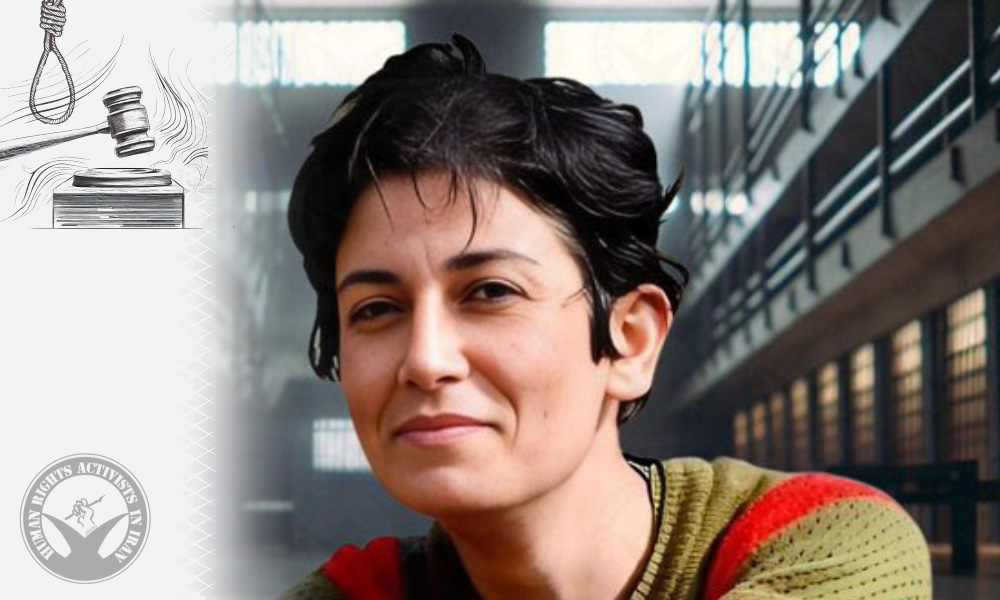HRANA News Agency – Maziar Tataei, attorney-at-law, has announced that the Supreme Court has rejected the second request for a retrial filed on behalf of Pakhshan Azizi, a political prisoner sentenced to death.
Maziar Tataei, Azizi’s defense attorney, stated in his announcement that the reviewing branch of the Supreme Court dismissed the second retrial request submitted by her legal team without reviewing the case file and declared the defense arguments unsubstantiated. He emphasized that such a decision logically necessitated an examination of the original case documents — a step that, regrettably, was not taken.
In February of last year, attorney Amir Raisian had also reported that Branch 9 of the Supreme Court had issued a ruling rejecting Azizi’s retrial request. Previously, Tataei had also announced that during an earlier follow-up with the Supreme Court, the reviewing branch had agreed to suspend the execution of the sentence under Note 478 of Iran’s Code of Criminal Procedure.
Background on Azizi’s Case
On August 4, 2023, Azizi, along with her 67-year-old father Aziz Azizi (a lymphoma patient), her sister Parshang (49), and her sister’s husband Hossein Abbasi (49), was arrested in Tehran. The arrests were carried out by approximately 20 armed agents who stopped their moving vehicle, searched them, and transferred them to The Ministry of Intelligence’s detention facility, known as Ward 209 of Evin Prison.
In protest against her family’s detention, Pakhshan began a hunger strike, which she ended after learning that her family members were released on bail after two weeks of solitary confinement. After being held in solitary confinement in Ward 209 for three months and three weeks, she was transferred to the women’s ward of Evin Prison on December 10, 2023.
Later, Aziz Azizi, Parshang Azizi, and Hossein Abbasi were sentenced to one year in prison each by Branch 26 of the Tehran Revolutionary Court, also under Judge Iman Afshari, for “assisting a criminal in escaping prosecution and conviction.” Their sentences were upheld by the Tehran Court of Appeals on September 27, and their appeal was forwarded to the Supreme Court.
On July 24, 2024, Azizi was sentenced to death and four years in prison by Branch 26 of the Tehran Revolutionary Court, presided over by Judge Iman Afshari, on charges of “armed rebellion (baghi)” through alleged membership in dissident groups.
A source close to Azizi’s family told HRANA:
“Pakhshan has no affiliations with any groups. She worked as a social worker for 10 years in refugee camps in Rojava. The groups she worked with were fighting against ISIS—an enemy of both the Islamic Republic and the Quds Force. There was no direct conflict between Pakhshan’s associates and Iranian forces, a fact clearly evident in her case.”
In mid-October 2024, during a protest by female prisoners in Evin following the execution of Reza Rasaei and a clash with prison guards, Azizi was accused of “assaulting an officer and disobedience” and was sentenced to six months in prison by the Criminal Court.
Also, in August, 2024, Azizi faced new accusations of “inciting unrest in prison” during the second round of the 2024 presidential election, brought before Branch 3 of the Evin Prosecutor’s Office.
A native of Mahabad, Azizi has a history of arrests and judicial encounters. In 2009, she was detained on charges of political activity and was released after four months on bail.





